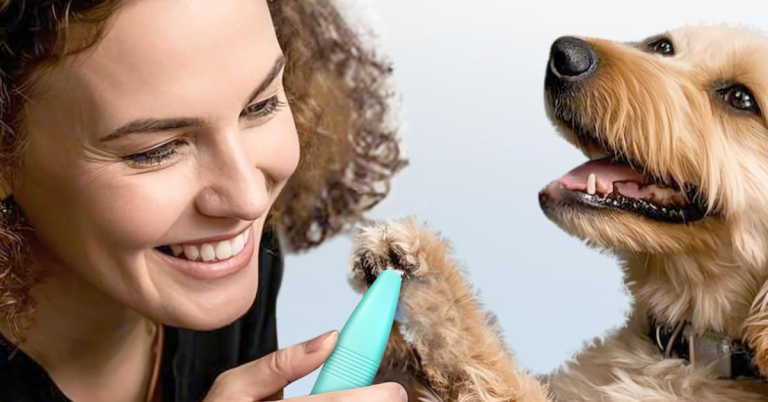Why Neutering Isn’t Always The Best Option For Your Dog?

Neutering your dog is often seen as the go-to solution for pet owners, but what if it’s the opposite of what you expected? Sure, there are benefits. However, there’s a whole other side of the story. So, before you take the plunge, let’s explore why keeping your dog intact might just be the best option for some dogs.
Potential Health Risks

The process of neutering is generally seen as a preventative health measure, but it’s not without its risks. Some dogs may develop conditions like hip dysplasia or gain weight more easily after surgery. Keeping a close eye on their health is essential to catch any changes early.
Impact On Dog’s Energy Levels

Once neutered, your dog might lose some of their usual energy and excitement. Previously hyperactive dogs could become sluggish, showing less enthusiasm during walks or playtime. For active breeds that require constant stimulation, this energy shift could affect their well-being.
Hormonal Imbalances

After neutering, your dog’s hormones are altered, which can lead to a few surprising effects. You might notice a change in muscle tone or a shift in metabolism. These hormonal fluctuations could require dietary adjustments or extra exercise.
Impact On Growth

Neutering, especially before full maturity, can affect your dog’s physical development. Some large-breed dogs, when neutered too early, may develop slower than those left intact. This could lead to delayed bone growth or joint instability, affecting their long-term health.
Can Affect Social Interaction

Neutering doesn’t just change how your dog interacts with you; it can also influence their social skills with other dogs. Some neutered dogs may lose their interest in playing with other dogs, or they might exhibit behavior that seems out of character, such as being more distant or aloof.
Loss Of Protective Instincts

Guard dogs are prized for their alertness and protective nature, but neutering can soften these instincts. If your dog was once quick to respond to threats or act as a watchdog, the change might be noticeable. This could leave you feeling less secure if your dog no longer reacts as they used to.
It Doesn’t Guarantee Behavior Improvement

Many owners assume neutering will stop problematic behaviors like marking or aggression. However, these behaviors can persist even after neutering. Hence, those who want to fix their dog’s behavioral issues should explore alternative training methods to address the root causes.
Risk Of Incontinence

Incontinence is a lesser-known side effect of neutering, particularly in older female dogs. It can result in your dog leaking urine unexpectedly, which could lead to discomfort and additional cleaning. If this happens, your vet can help you through options to manage the condition.
Decreased Lifespan In Some Breeds

Some breeds of dogs, particularly large ones, may face a shorter lifespan after neutering. The changes in their body can affect their overall health, making them more prone to conditions that could shorten their life expectancy. This is an important factor to think about before making the decision.
Missing Out On Breeding Potential

Neutering eliminates any chance of breeding, which may be a concern for dog owners who want to pass on their dog’s desirable traits. Breeders, in particular, may miss out on contributing to future generations of dogs with those qualities. Consider this if breeding is part of your long-term goals.
Possible Aggression Or Anxiety

Although neutering is often associated with reduced aggression, it may also trigger anxiety in some dogs. After the procedure, certain dogs may become more anxious or show signs of aggression. So, monitor your dog closely after surgery for behavioral changes.
It’s Not Reversible

Once neutering is done, that’s it. There’s no turning back. This irreversible process means that if you change your mind later, there’s no way to restore your dog’s original state. Think carefully about the long-term consequences before going ahead with the surgery.
Risk Of Complications During Surgery

Although neutering is generally considered safe, there are risks associated with the surgery. Complications such as bleeding, infections, or reactions to anesthesia can occur. It’s important to weigh these risks against the benefits before proceeding.
Loss Of Certain Natural Scent Marking Abilities

Many dogs use scent markings to communicate with each other. Neutering can affect this behavior, as it reduces the hormone-driven desire to mark territory. In short, neutering might diminish their ability to express themselves naturally with other dogs.
Aesthetic Changes In Coat Quality

In addition to potential weight changes, neutering can cause your dog’s coat to become thinner or change texture. Certain breeds with naturally luxurious coats might lose their shine or volume after neutering, leading to a less pleasing appearance for dog owners who care about grooming.






